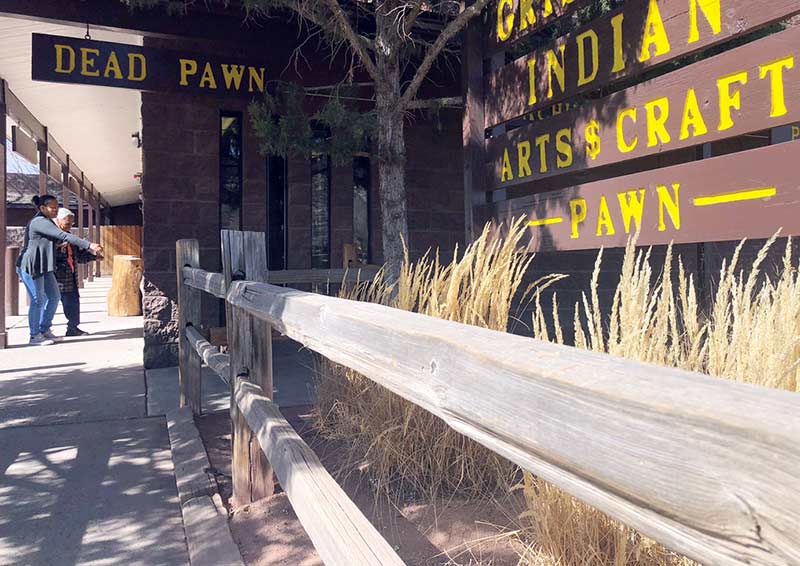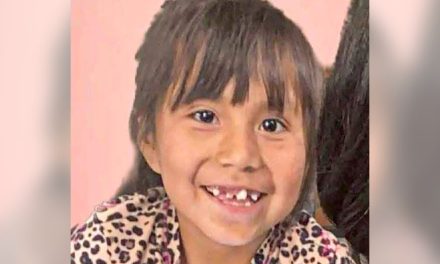
Know your rights in the ‘Navajo bank’ – the pawn shop

Navajo Times | Ravonelle Yazzie Customers make their way into a local pawn shop Wednesday.

Navajo Times | Ravonelle Yazzie
Customers make their way into a local pawn shop Wednesday.
Editor’s note: This is the second in a series on financial literacy for Navajos.
GALLUP
Walk into any trading post near the reservation and they each have similar staples – jewelry to sell, junk food or soda and pawn loans.
“What happens with your collateral when you get a pawn loan?” Nicholas Mattison, a lawyer for Feferman, Warren & Mattison, asked the audience of about 20 during a recent Consumer’s Workshop in Gallup, hosted by the Navajo Nation Human Rights Commission.
There were a few inaudible murmurs from the audience before Mattison answered his own question.
“They hold on to the pawn and give you a loan,” Mattison said. “So, you’re going to have to pay some amount to get your property back.”
In this decade, trading posts still serve as the primary banking system for the Navajo people, according to a study conducted by Colorado Plateau Cooperative Ecosystem Studies Unit.
Many trading posts cash checks for a fee, give out small loans through pawns and hold items in pawn like a safety deposit box would — all things a local bank or credit union would do for lower interest rates and lower fees.
Generation after generation of Navajo people have used trading posts as their primary banks with little knowledge of what regulates pawnbrokers and these establishments.
Most trading posts and pawn shops don’t take the time to talk about the laws regarding pawn loans with their customers.
To read the full article, pick up your copy of the Navajo Times at your nearest newsstand Thursday mornings!
Are you a digital subscriber? Read the most recent three weeks of stories by logging in to your online account.







 Highway 264,
Highway 264, I-40, WB @ Winslow
I-40, WB @ Winslow